What are Natural Extracts?
Natural extracts are substances made from different segments of plants, animals, or other sources found in nature and include concentrated components with particular characteristics, tastes, scents, or health advantages. These extracts are used extensively in a variety of sectors, including aromatherapy, manufacturing of food and beverages, cosmetics, and medicines.
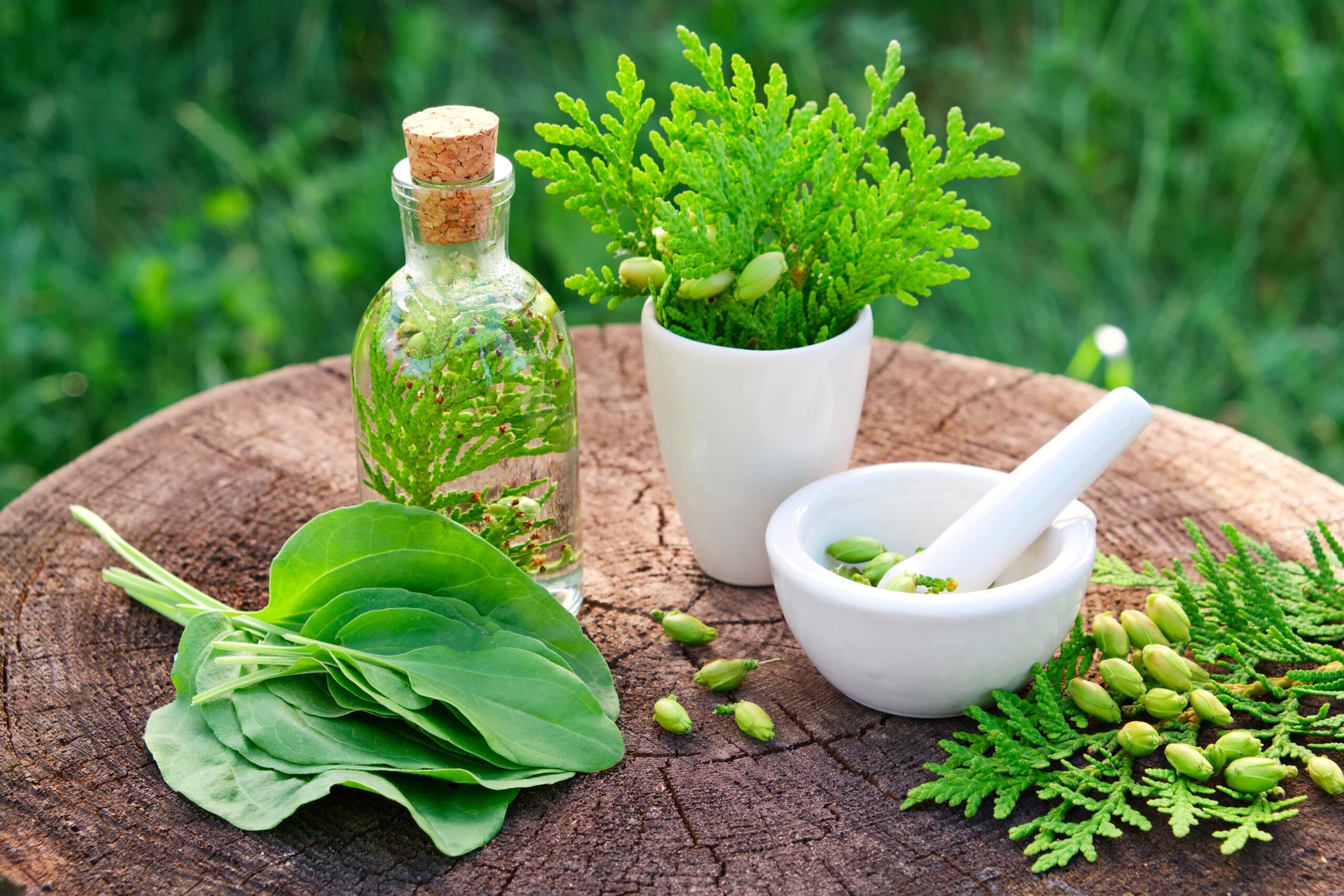
Humans have been using natural extracts for ages. Essential oils and other organic compounds from plants and herbs were widely known to ancient civilizations including the Egyptians, Greeks, and Chinese. These extracts were used by them for aromatic, cosmetic, and medical purposes.
How are natural extracts extracted?
The extraction method has changed throughout time, but the underlying ideas have not changed. There are two primary techniques for producing natural compounds:
- Distillation: Distillation is one of the most ancient and widely used processes for extracting essential oils and other volatile compound from plants. In this procedure, the plant material is heated to vaporise the volatile chemicals, which are then cooled to cause the vapour to condense back into liquid. The extracted substances are gathered in the condensed liquid, which is collected and filtered out of the water or steam used during the process. This technique works especially well to extracting essential oils from fragrant plants like eucalyptus, lavender, and peppermint. For example: Distillation of Omega-3 Fatty Acids from Fish Oil
- Solvent Extraction: Another common technique to acquire natural extracts is solvent extraction. The necessary components from the plant material are dissolved using a solvent, such as ethanol, hexane, or supercritical carbon dioxide. The concentrated extract is then removed, leaving behind the solvent. This technique works well for extracting non-volatile substances such specific phytochemicals and active ingredients present in different plants like Curcumin from Turmeric.
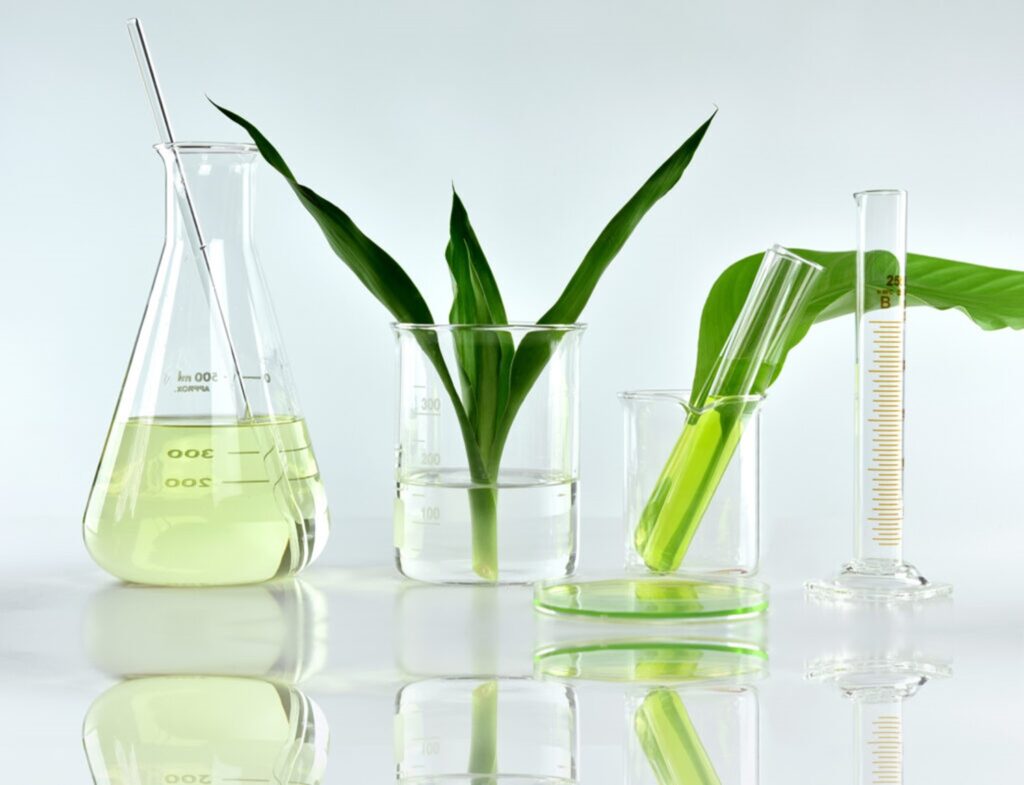
Other methods:
- Cold pressing: Cold-pressing is an easy-to-understand and reliable method mostly used to extract oils from fruits and nuts. The method includes mechanically pressing plant material, such as nuts, seeds, or certain fruits, to liberate the oil that is locked up inside the cells. The natural qualities and flavours of the oil are preserved during cold pressing since neither heat nor chemical solvents are used. After being extracted, the oil is collected and may later undergo further processing or refinement. Cold pressing is frequently used for production of oils such as olive oil, coconut oil, almond oil, and flaxseed oil. This process is notable for its capacity to yield high-quality oils with little modification in the chemical makeup of the oil. The resultant oils are ideal since they maintain their inherent flavour, fragrance, and nutritional content making them a good option for culinary and skin care applications.
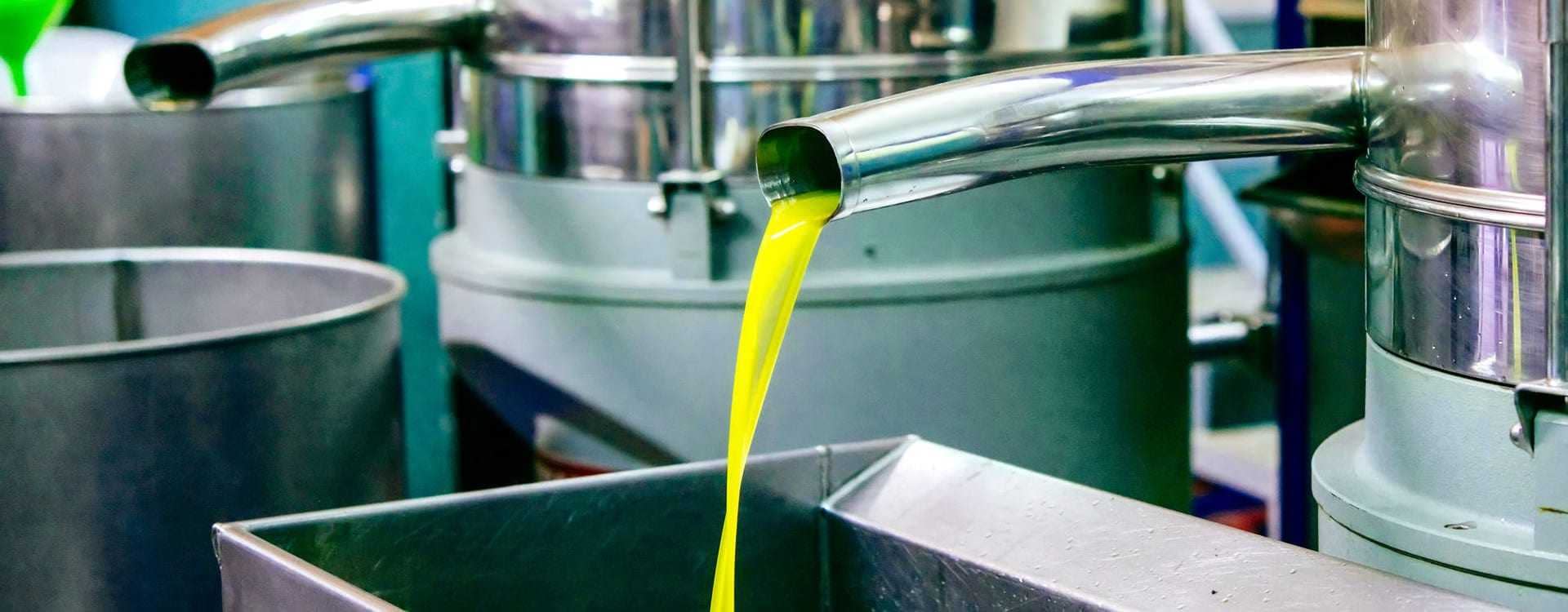
- Maceration: Maceration is the process of extracting essential elements from plant material by immersing it in a solvent, such oil or alcohol, for a long time. The solvent absorbs the plant material, dissolves the target components, and extracts their flavours, perfumes, or therapeutic effects. The soaking time varies according to the plant material and the intended extraction. Upon maceration, the plant material is removed from the solvent to produce the concentrated extract. Herbs are immersed in solvents like olive oil or coconut oil to extract their medicinal characteristics, which is a process known as maceration and is frequently utilised in the production of herbal oils. Additionally, it is used in the process of making herbal tinctures, which are made by soaking plants in alcohol to draw out their therapeutic properties. Examples include Macerated Calendula oil.
- Steam Distillation: Steam distillation is a type of distillation that extracts essential oils from delicate flowers, leaves, and other fragrant parts of plants. The technique requires applying steam to the plant material, which causes the volatile aromatic chemicals to vaporise. The essential oil and water are separated because of the steam’s subsequent condensation into a liquid state in a different cooling chamber. Steam distillation is a sensitive process which helps in maintaining the medicinal benefits and delicate smells of essential oils. Essential oils from plants like lavender, rose, peppermint, and eucalyptus are frequently extracted in this way and are utilised in natural skincare products, aromatherapy, and fragrances.
- CO2 Extraction: The cutting-edge technique of CO2 extraction, sometimes referred to as supercritical fluid extraction (SFE), uses carbon dioxide as a solvent for obtaining high-quality extracts from plant materials. CO2 behaves as a supercritical fluid under specified pressure and temperature conditions, selectively dissolving desired substances and leaving behind undesirable ones. This method produces concentrated and pure extracts that maintain the complete range of therapeutic components. Due to its effectiveness and capacity to retain the therapeutic components of the plant material, it is frequently used to produce extracts from herbs, spices, and botanicals for use in nutritional supplements, cosmetics, and medicines.
Natural extracts should be used with caution. While they may provide a number of health advantages, it is crucial to use them as directed and seek medical advice, particularly if you are on medication or have a particular medical condition. There are several natural extracts that can have strong effects, interact with some medications, or give some people adverse effects.
How does Natural Extracts work in human body?
Natural extracts function in the human body through a variety of ways, depending on the specific materials and their interactions with biological systems. These extracts have a wide variety of phytochemicals in them, such as polyphenols, flavonoids, terpenoids, alkaloids, and other bioactive compounds that can cause different kinds of physiological reactions. Here are some functions of natural extracts:
- High in Antioxidant: Due to their high polyphenol and flavonoid content, many natural extracts have powerful antioxidant effects. These anti-oxidants help the body’s defence against dangerous free radicals that may injure cells and create oxidative stress. Natural extracts like Green tea extract may protect cells and tissues from harm and promote general health by lowering oxidative stress.
- Anti Inflammatory properties: Natural substances including curcumin, quercetin, and resveratrol provide certain extracts the ability to reduce inflammation. By modulating the inflammatory response, these medications can lessen inflammation and the symptoms brought on by inflammatory disorders.

- Neuroprotective effects: Natural extracts from plants like Ginkgo biloba and Bacopa monnieri have been demonstrated to have neuroprotective qualities. It includes flavonoids and terpenoids, which have been shown to increase blood flow to the brain, improve cognitive performance, and protect nerve cells from oxidative damage. Ginkgo biloba extract is frequently used to improve memory and cognitive ability.
- Aid Cardiovascular health: There is evidence that certain natural extracts have a favourable effect on cardiovascular health. Allicin, a compound found in garlic extract, has positive effects on the heart. Allicin has been demonstrated to support cardiovascular health by lowering blood pressure and cholesterol levels.
- Regulates Blood sugar levels: Some natural extracts, such those from bitter melon and cinnamon, have the ability to control blood sugar levels and support a healthy metabolism. Cinnamon extract raises insulin sensitivity, which enhances the ability of cells to absorb glucose and lowers blood sugar levels. Insulin-like substances found in bitter melon extract help cells take up glucose in a manner similar to how insulin works. While these extracts could help those with diabetes or those trying to control their blood sugar levels, it’s important to use them carefully and seek the advice of medical specialists.
It’s crucial to remember that the impact of natural extracts might change depending on the dosage, personal differences, and each person’s general state of health. Additionally, a synergistic effect may be produced by the interaction of several compounds within the extracts, improving their overall effect on the body. However, it is advised to speak with a healthcare provider before utilising natural extracts for therapeutic reasons in order to ensure their safety and effectiveness, particularly if a person is on medication or has a pre-existing medical condition.
What are different sources of Natural Extracts?
There are plenty of sources, from which natural extracts are derived. Some of them include:
- Plants & Herbs: One of the most popular sources of natural extracts is plants and herbs. Extracts can be made from a variety of plant components, including the leaves, stems, roots, flowers, and seeds. Each component might include a variety of bioactive compounds with medical benefits. For instance, catechins, which have antioxidant effects, are found in abundance in green tea extract, which is made from the leaves of the Camellia sinensis plant. Another example is ginger extract, which is made from Zingiber officinale’s rhizome and appreciated for its digestive and anti-inflammatory effects. The Ginkgo biloba tree’s leaves are used to make an extract recognised for its possible cognitive and cardiovascular advantages.
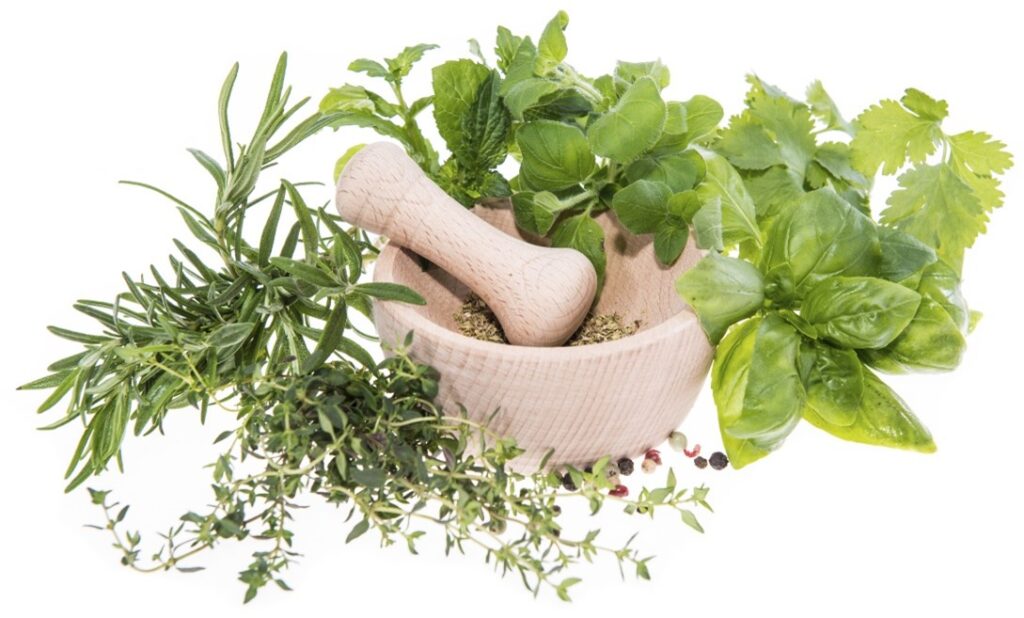
- Fruits: Fruits are great sources of natural extracts. Fruits are extracted to concentrate their beneficial ingredients, which frequently contain vitamins, minerals, antioxidants, and phytochemicals. For example, blueberry extract, which is made from the berry (Vaccinium spp. ), is widely known for its high antioxidant content, which promotes cardiovascular health and mental function. Pomegranate extract is highly regarded for its polyphenol content, which adds to its antioxidant and anti-inflammatory qualities, while cranberry extract is recognised for its potential advantages in maintaining urinary tract health. Another example is grape seed extract, which is abundant in proanthocyanidins and has vascular support and antioxidant capabilities.
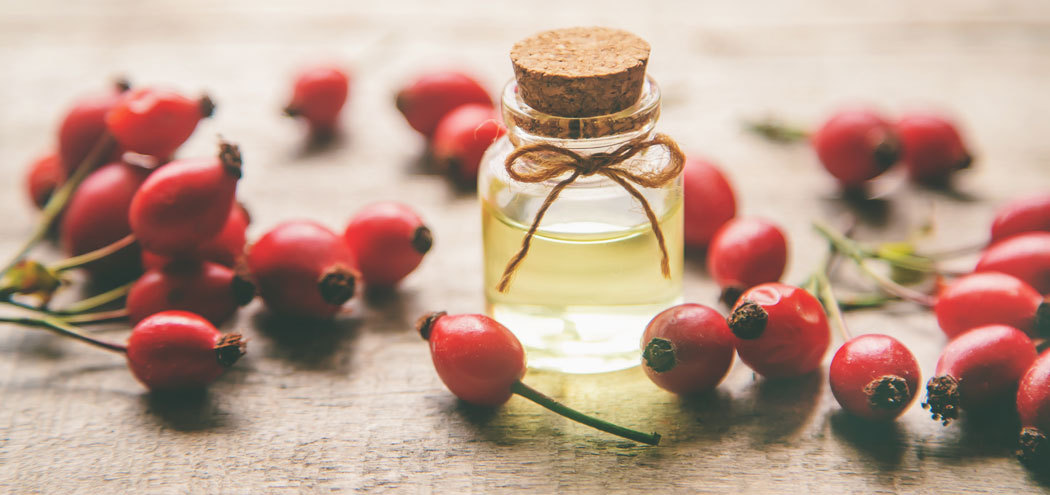
- Vegetables: Natural extracts are also found in some vegetables. These extracts frequently have special bioactive ingredients that support a variety of health advantages. Lycopene, a strong antioxidant linked to promoting heart health and lowering the risk of some malignancies, is present in tomato extract, for example. Allicin, a substance with possible immune-stimulating and cardiovascular effects, is found in garlic extract, which is made from the plant garlic (Allium sativum).
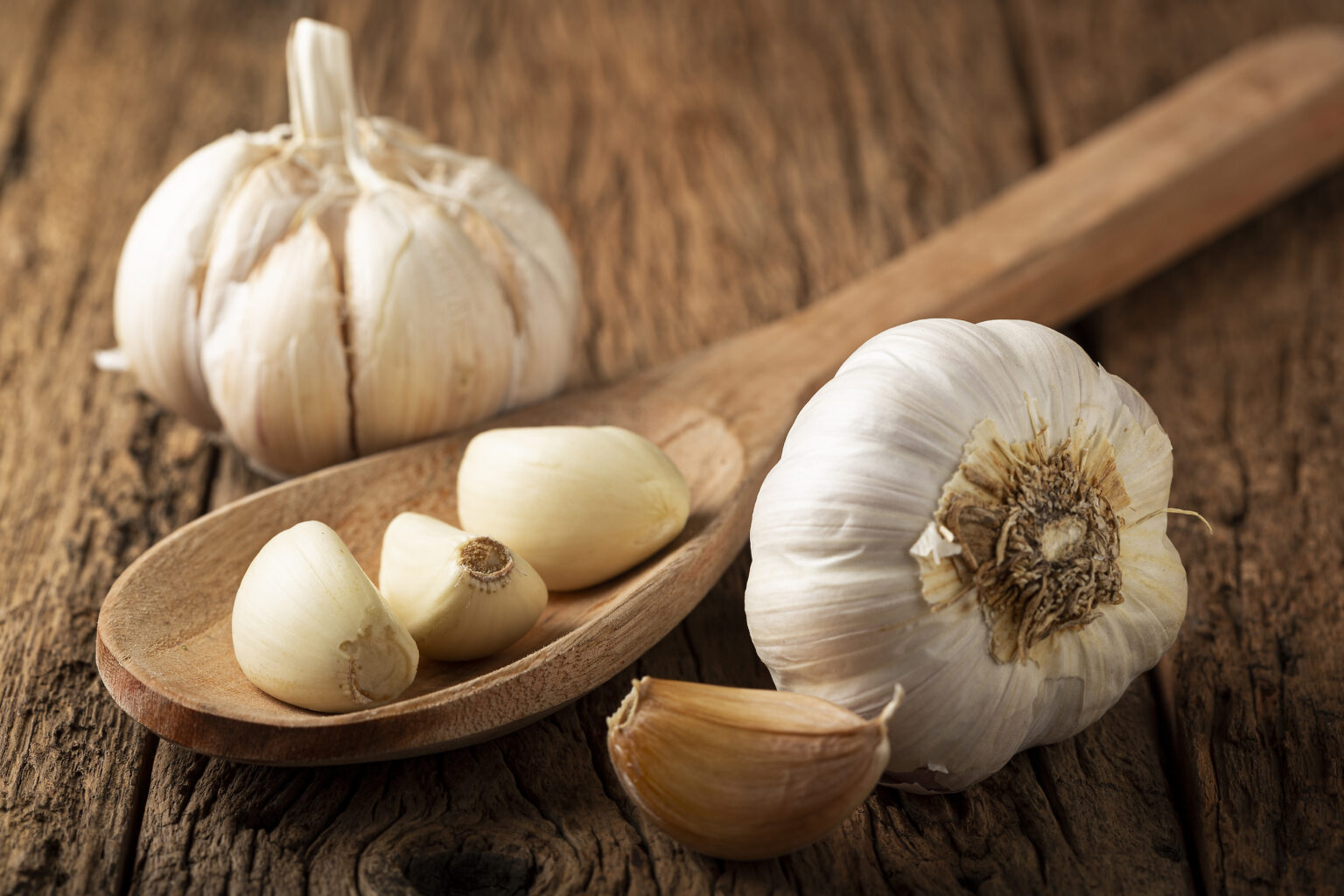
- Marine sources: Algae and seaweeds are two examples of marine species from which natural extracts can be made. Examples of algae-based extracts that are well-known for their high nutritional content, including proteins, vitamins, and minerals, are spirulina and chlorella. Due to its potential for nourishing the skin, seaweed extracts are also used in many cosmetic and skincare products.
- Microorganisms: Some natural extracts are made from fungus, bacteria, and other microorganisms. According to several studies, fungi-based extracts are renowned for their potential immune-modulating and antioxidant properties include medicinal mushrooms like Reishi Mushroom and Shiitake. Also, probiotic extracts derived from helpful bacteria are gaining popularity due to their possible significance in gut health.

These sources provide a wide variety of natural extracts containing different bioactive substances, which may be used in nutritional supplements, herbal treatments, cosmetics. Natural extracts must be used carefully and from renowned manufacturers to assure their purity and safety.
What format should you choose? Powders or Tablets or Capsules
Tablets:
- Diverse forms: Tablets are available in a wide range of compositions to suit a range of tastes and requirements. Chewable tablets are useful for people who have trouble swallowing regular pills, thus some people may prefer them. Chewable pills are another popular alternative for children and adults who want to eat minerals in a more enjoyable method. long-release pills, on the other hand, are developed to gradually release minerals into the body over a long period of time, offering a consistent and continuous supply of nutrients.
- Divisibility: Some tablets have score lines that make it simple to cut them into halves or quarters. This feature is very helpful for people who wants to consume certain amounts of minerals due to medical issues or expert recommendations. Individuals can adjust their dosage to match their specific needs by dividing tablets, ensuring they receive the right amount of minerals.
- Cost effective: Manufacturing tablets is typically less expensive than manufacturing capsules. Their excipient availability and straightforward manufacturing technique help to make them affordable. Tablets are a popular choice because of this cost benefit, which often ends up in cheaper pharmaceutical costs for consumers.
Capsules:
- Faster absorption: Natural Extracts are absorbed into the body more quickly when taken in capsule form because of their speedy dissolution in the digestive system. Most capsules include an outer shell consisting of gelatin or a plant-based substance that quickly degrades and releases the extract contents for simple absorption. This quick absorption makes sure the extracts are always available to the body, enabling effective use and possible health advantages.
- Easy swallowing: Capsules can be a great option for people who have trouble swallowing bigger pills or who might feel uncomfortable taking other supplement forms. Capsules’ gel-like outer covering reduces choking and discomfort risk by gliding down the throat easily. Because capsules are so easy to take, they are a viable alternative for individuals of all ages, including youngsters and older individuals.
- Tasteless and Odourless: Natural extract capsules are another common way to take plant-derived substances. These capsules provide a simple and flavourless way to take medication because the powdered extract is enclosed in vegetarian or gelatin capsules. This is especially advantageous for natural extracts that have overpowering or disagreeable tastes that make them unappealing when taken in other forms.
Powders:
- Fastest absorption: As they dissolve immediately in liquids, natural extracts powders can be absorbed by the body more quickly than capsules. By doing this, the cognitive-enhancing substances are made immediately available to the body, enabling efficient use and possible cognitive advantages.
- Versatility: Natural Extracts powders can readily combine with a variety of beverages or meals, allowing for more intake flexibility. For people who would rather not take tablets or capsules, the powders may be easily blended into smoothies, juices, or water. The powder is more attractive to a larger spectrum of people since it can be added to many foods and beverages.
- Customisable taste: One of the biggest benefits of using natural extracts powder is having the option to customise the flavour to individual tastes. These powders enable consumers experiment with different flavours to improve the entire consumption experience, as opposed to pre-formulated capsules or tablets, which have a predefined taste.
Liquids:
- Fastest Absorption: When compared to alternative dosage formats such as tablets or capsules, liquid extracts have the benefit of rapid absorption. The liquid’s bioactive ingredients are easily absorbed by the body, resulting in speedier benefits and more quick improvement.
- Precise Dosage: Dosing for liquid extracts may be simply changed to meet individual demands. The majority of liquid extracts come with a dropper or measuring cup, allowing for exact control of dosage. This is especially useful when adhering to precise dose guidelines or adjusting the intake in accordance with dietary restrictions or medical needs.
- Gentle for stomach: Liquid extracts, as opposed to tablets or capsules, can be a gentler and better-tolerated choice for people with delicate gastrointestinal systems. Due to the liquid form’s partial breakdown, it places less strain on the digestive system and facilitates the body’s absorption of the beneficial components.
Considerations:
- Professional advice: It is important to take the advice of healthcare professionals into account when choosing between tablets, capsules, powders or liquids, particularly when using supplements alongside with prescription or OTC (Over The Counter) medications. Some supplements or medications may need some unique formulations. Healthcare professionals can provide insightful advice on the best option based on your specific needs and health concerns.
- Digestion sensitivities: For those who have specific medical concerns, such as gastrointestinal disorders, liquids may be a more gentle and harmless solution for their stomach than tablets. For some who might find tablets uncomfortable to swallow, the smooth, gelatinous covering of capsules makes swallowing simpler.
- Dietary restriction: Compared to tablets, which sometimes include gelatin coverings, capsules provide a larger variety of dietary alternatives, including vegetarian and vegan options, making them acceptable for people with dietary restrictions or allergies to gelatin. By choosing capsules, you can be sure that your supplement usage fits your dietary needs.
Depending on criteria including personal preferences, medical needs, usability, and the unique features of the natural extract, one may choose tablets, capsules, powders, or liquids. Based on specific health requirements and objectives, consulting a healthcare expert or nutritionist might assist choose the best format. Additionally, be sure the product you choose is of high quality and meets all safety and quality requirements.
Glentworth Formulations is here to suit your every need. Everything from Tablet, Capsule and Powder blends.
If you are wanting to know more information, please get in contact with us. Either using the contact form or contacting us directly on: [email protected].


